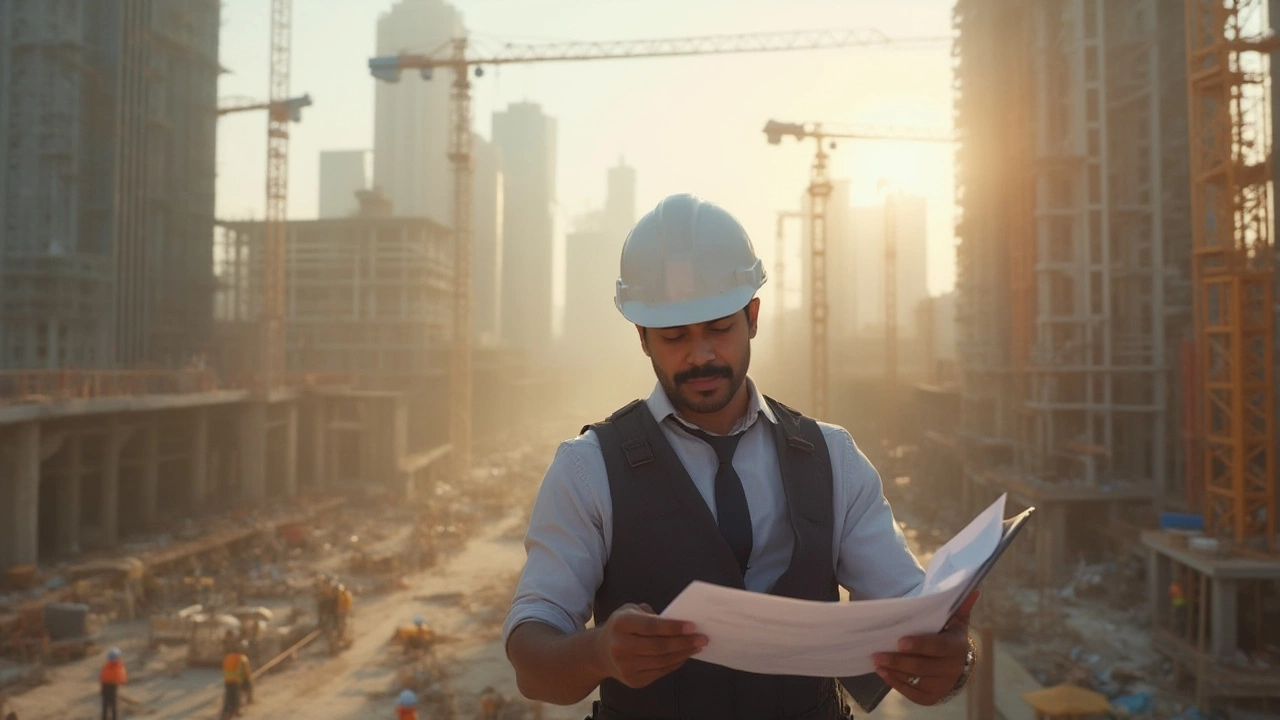Contractor Role: What They Do, Why It Matters, and How to Work With Them
When you hire someone to build or renovate your home, you’re not just paying for labor—you’re hiring a contractor role, the person who takes full responsibility for managing a construction project from start to finish. Also known as a general contractor, it’s the glue that holds every part of a build together—from permits and materials to electricians, plumbers, and framers. Without this role, projects fall apart. Workers show up late, materials go missing, and deadlines vanish. A good contractor doesn’t just show up with a hammer—they run the whole show.
The general contractor, the primary point of contact for homeowners and builders handles everything from reading blueprints to scheduling inspections. They don’t usually do the hands-on work themselves, but they know who does—and they make sure it’s done right. They order materials, track budgets, and fix problems before they become disasters. If your foundation cracks or your roof leaks, the contractor is the one who calls the right people and makes it right. That’s why their role isn’t just about managing people—it’s about managing risk.
They also handle the legal side. Permits, insurance, building codes—these aren’t optional. A licensed contractor knows exactly what’s required in your area and how to get approvals fast. In places like Massachusetts or California, where regulations are tight, skipping this step can cost you thousands in fines or forced demolition. And if something goes wrong? A contractor with proper insurance protects you from being sued if a worker gets hurt on your property.
Working with a contractor isn’t just about signing a contract. It’s about trust, communication, and clarity. The best ones give you clear timelines, itemized quotes, and regular updates. The worst ones disappear for weeks, then blame the weather or the supplier. That’s why knowing what to look for matters—check their license, ask for references, and see if they’ve done similar projects. Don’t just pick the cheapest bid. Pick the one who answers your calls and explains things without jargon.
Behind every successful build is a team of subcontractors, specialists hired by the contractor to handle specific trades like electrical, plumbing, or roofing. The contractor doesn’t just hire them—they coordinate them. If the plumber finishes late, the drywall guy can’t start. If the electrician misses an inspection, the whole project stalls. A skilled contractor keeps all these pieces moving in sync.
And it’s not just homes. The same project coordination, the process of aligning people, materials, and timelines to deliver a build on time and on budget applies to commercial buildings too. Whether it’s a small office or a big retail space, the contractor’s job stays the same: make sure nothing falls through the cracks.
What you’ll find below isn’t just theory. These articles come from real projects, real mistakes, and real solutions. You’ll learn how to spot a bad contractor before you hire one, what questions to ask during a bid, how to handle delays without losing your cool, and why some repairs cost way more than they should. This isn’t about guessing—it’s about knowing exactly what to expect when you bring someone in to build your space.
Building Contractor Meaning: What Does a Contractor Do & Why It Matters
A building contractor is the mastermind behind construction projects, juggling planning, hiring, materials, and problem-solving to turn blueprints into reality.
Learn more...